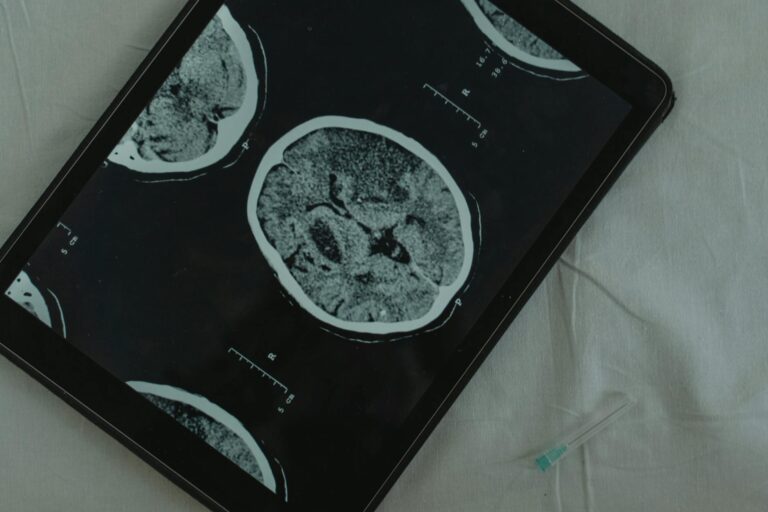Alzheimer’s Disease: Understanding the Most Common Form of Dementia
Alzheimer’s disease is the most common form of dementia, affecting millions of people worldwide. It is a progressive condition that impacts memory, thinking, and behavior, leading to a decline in cognitive function over time. This article aims to provide a clear and simple overview of Alzheimer’s disease, its causes, symptoms, stages, and how it is diagnosed and managed.
### What is Alzheimer’s Disease?
Alzheimer’s disease is a physical brain condition that results in impaired memory, thinking, and behavior. It occurs when neurons in the brain, which are responsible for transmitting messages, become damaged. This damage is often due to the accumulation of abnormal proteins called beta-amyloid plaques and neurofibrillary tangles. As these damaged neurons lose their ability to communicate effectively, they eventually die, leading to a reduction in brain volume.
### Symptoms of Alzheimer’s Disease
People with Alzheimer’s disease may experience a range of symptoms, including difficulty remembering recent events, repeating conversations, and struggling with everyday tasks. They might also exhibit changes in behavior, such as mood swings, apathy, or becoming easily upset. These symptoms can vary significantly from person to person and may progress at different rates.
### Stages of Alzheimer’s Disease
Alzheimer’s disease progresses through three main stages: mild, moderate, and advanced. In the mild stage, individuals may appear more apathetic, lose interest in activities, and have trouble adapting to change. As the disease advances to the moderate stage, symptoms become more pronounced, affecting daily life significantly. In the advanced stage, individuals often become immobile and dependent on others for care.
### Diagnosis of Alzheimer’s Disease
Diagnosing Alzheimer’s disease involves a comprehensive assessment by a medical specialist. This includes a detailed medical history, physical examination, blood and urine tests, psychiatric assessment, memory and thinking tests, and brain scans. There is no single definitive test for Alzheimer’s, so ruling out other potential causes is crucial.
### Treatment and Management
While there is no cure for Alzheimer’s disease, various treatments and strategies can help manage symptoms and improve quality of life. Medications may slow the progression of the disease, and support from family, friends, and healthcare professionals is essential. Occupational therapy and cognitive training can also be beneficial in maintaining independence and cognitive function.
### Connection Between Sleep and Alzheimer’s
Recent research suggests that sleeping too much or too little can be associated with cognitive decline and may be linked to conditions like Alzheimer’s. However, it is important to note that excessive sleep is more likely a symptom rather than a cause of the disease. Maintaining a healthy sleep pattern, typically around seven hours per night, is recommended for overall health.
### Younger Onset Dementia
Although Alzheimer’s is more common in older adults, it can also affect younger individuals. Younger onset dementia, diagnosed in people under 65, presents unique challenges, including impacts on employment and family responsibilities. Early diagnosis and support are crucial for managing the condition effectively.
In conclusion, Alzheimer’s disease is a complex condition that affects not only the individual but also their family and caregivers. Understanding its causes, symptoms, and management strategies can help improve the lives of those affected. While there is no cure, ongoing research and support offer hope for better diagnosis and treatment options in the future.





